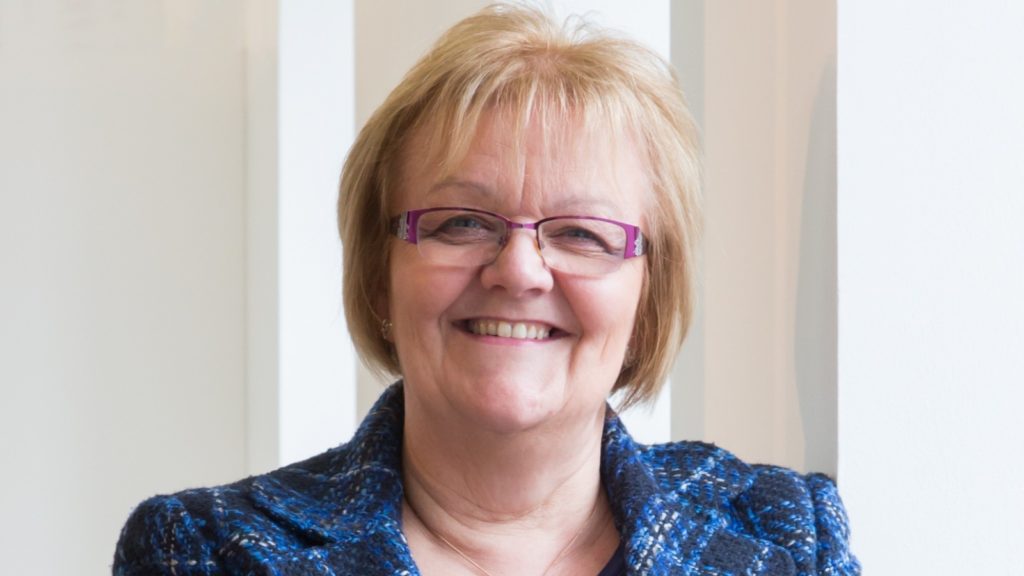The Government’s Plan for Water to misguided and could waste a “huge” amount of money says Unified Water Label Association (UWLA) MD Yvonne Orgill, following its launch by environment secretary Therese Coffey and water minister Rebecca Pow.

The plan aims to reduce personal water consumption by 20% by 2038, lowering use to 110 litres of water a day, with Government stating its intends to review legislation to address wasteful product issues.
It highlighted 28% of people don’t know which buttons to press on a dual flush WC and reported Government would work with industry to support water efficient products and design out problems.
Sponsored Video
The plan also includes developing minimum standards for water efficiency across showers, taps and WCs, following the introduction of a mandatory water label.
Yvonne Orgill said: “These proposals will adversely restrict the market and without education and a robust audit system they will fail.
“Government is misguided in spending time and money developing a label when there is a recognised and existing scheme developed by the industry, that they could utilise, at much less cost and more effectively.”
She continued explaining the UWLA agreed there was a need for action but said there needs to be greater focus on education, rather than restricting sale of products.
“We are fully supportive of the aims and objectives and agree that we need to take action if we are to make a difference.
“The plan does include some good points; the proposal to force Water Utilities to fix leaks is long overdue, and will have a significant impact on the amount of water saved.
“However, it is clear that the Government does not understand the industry or fully appreciate the need to educate on how to use water rather than just look at the products.
“Achieving the reduction target with a mandatory label and product banning without education that influences behaviour is not going to achieve change.
“Product restrictions will limit choice and be open to abuse.”
Orgill added: “An enforcement approach is likely to be ineffective allowing poor quality products into the market without robust market surveillance.
“Consumers will move to purchasing from overseas and install these products on variable pressure systems, due to poor and inadequate infrastructure.
“Furthermore a reduction in standards is likely to lead to more water being used and even increased health risks.
She said Government should work in tandem with the Unified Water Label Association: “The Unified Water Label Association has responded to the consultation on the mandatory label and continues to work with Government to illustrate how the Unified Water Label can meet their objectives, without spending money on developing a new mandatory label.
“A mandatory label will be significantly more expensive than a voluntary one, and a mandatory scheme will take away the flexibility that the industry now has to operate a scheme to meet market demands.
“Should the government adopt the Unified Water Label, they will benefit from a scheme that already exists and is gaining momentum – and has the support of the industry.
“The Unified Water Label is urging the government to take its time to listen to industry, consider that bathroom products are part of a system sitting on poor infrastructure, as well as understand the products.
“It would be beneficial to all to get this right first time.
Orgill implored the kitchen and bathroom industry to promote the Unified Water Label, concluding: “On behalf of the Unified Water Label Association, I would urge the KBB industry to work with us for the benefit of all, to promote our own recognised and industry led smart tool, the Unified Water Label.
“Together we can achieve greater visibility in the marketplace, and drive forward significant changes in attitudes to water and energy efficiency.



